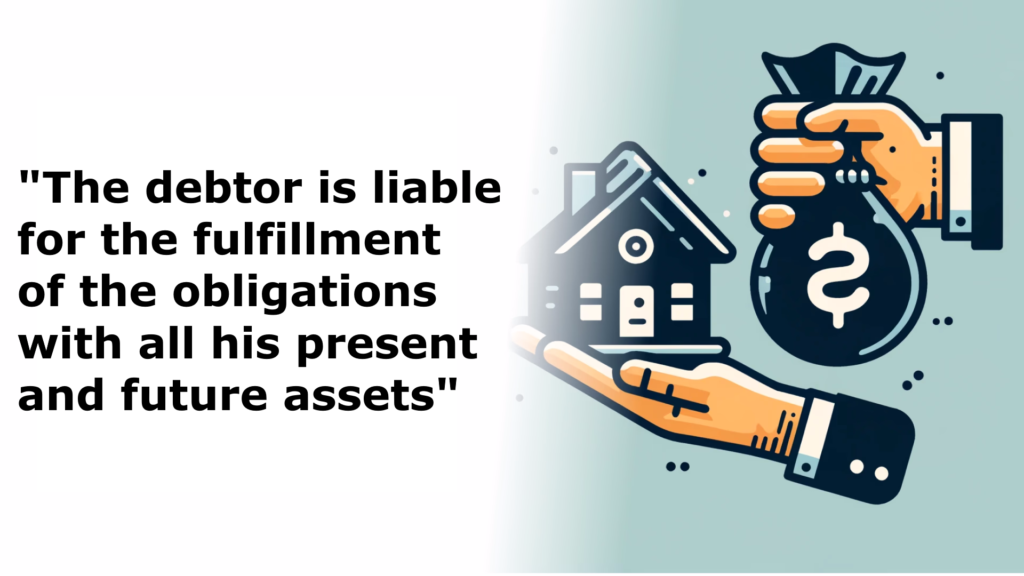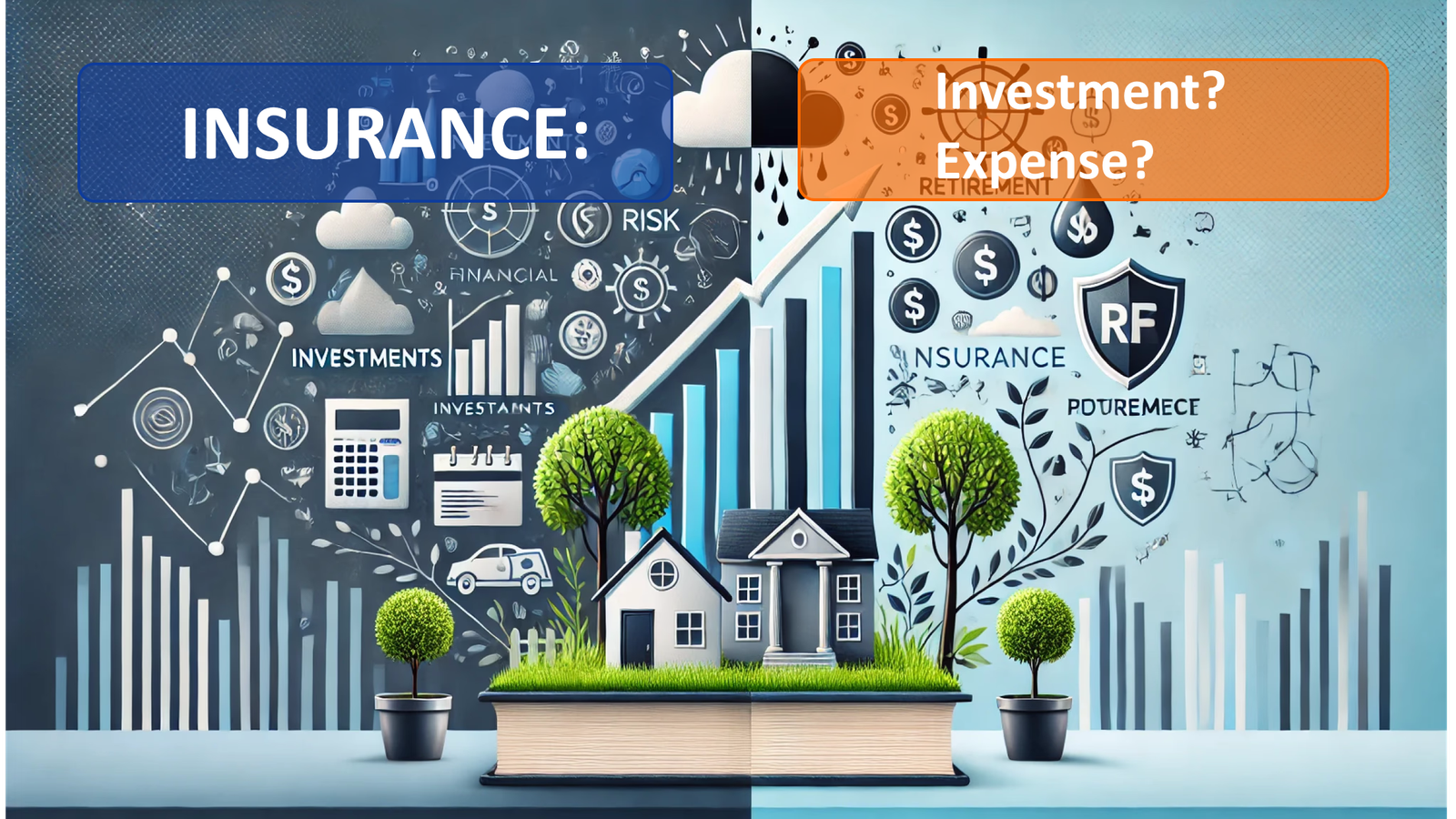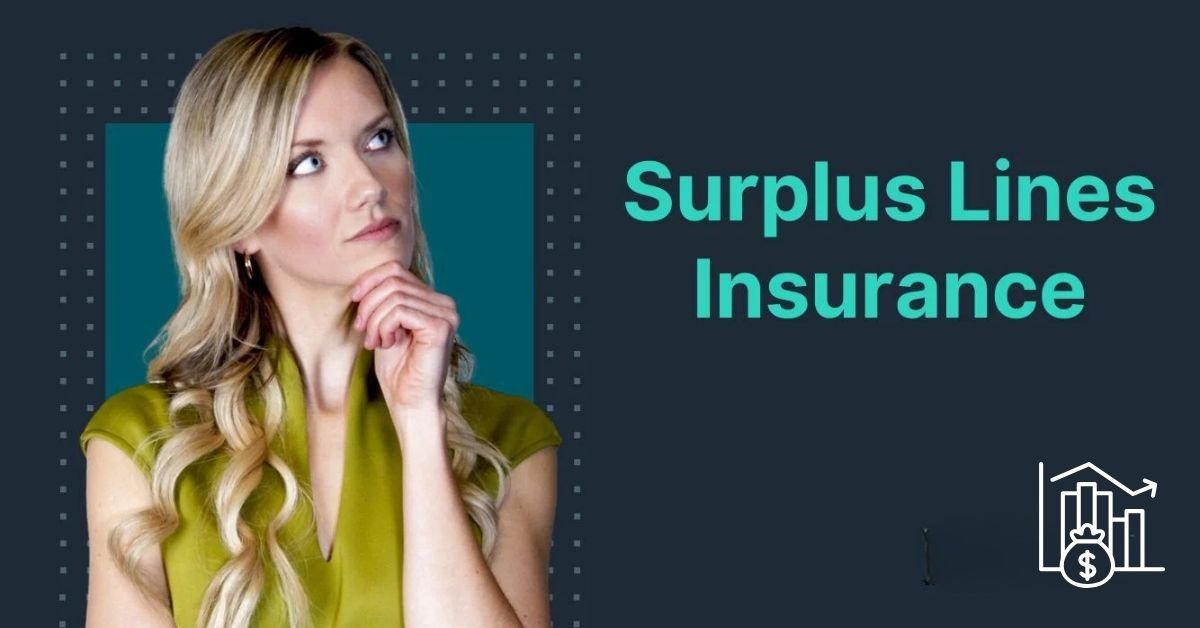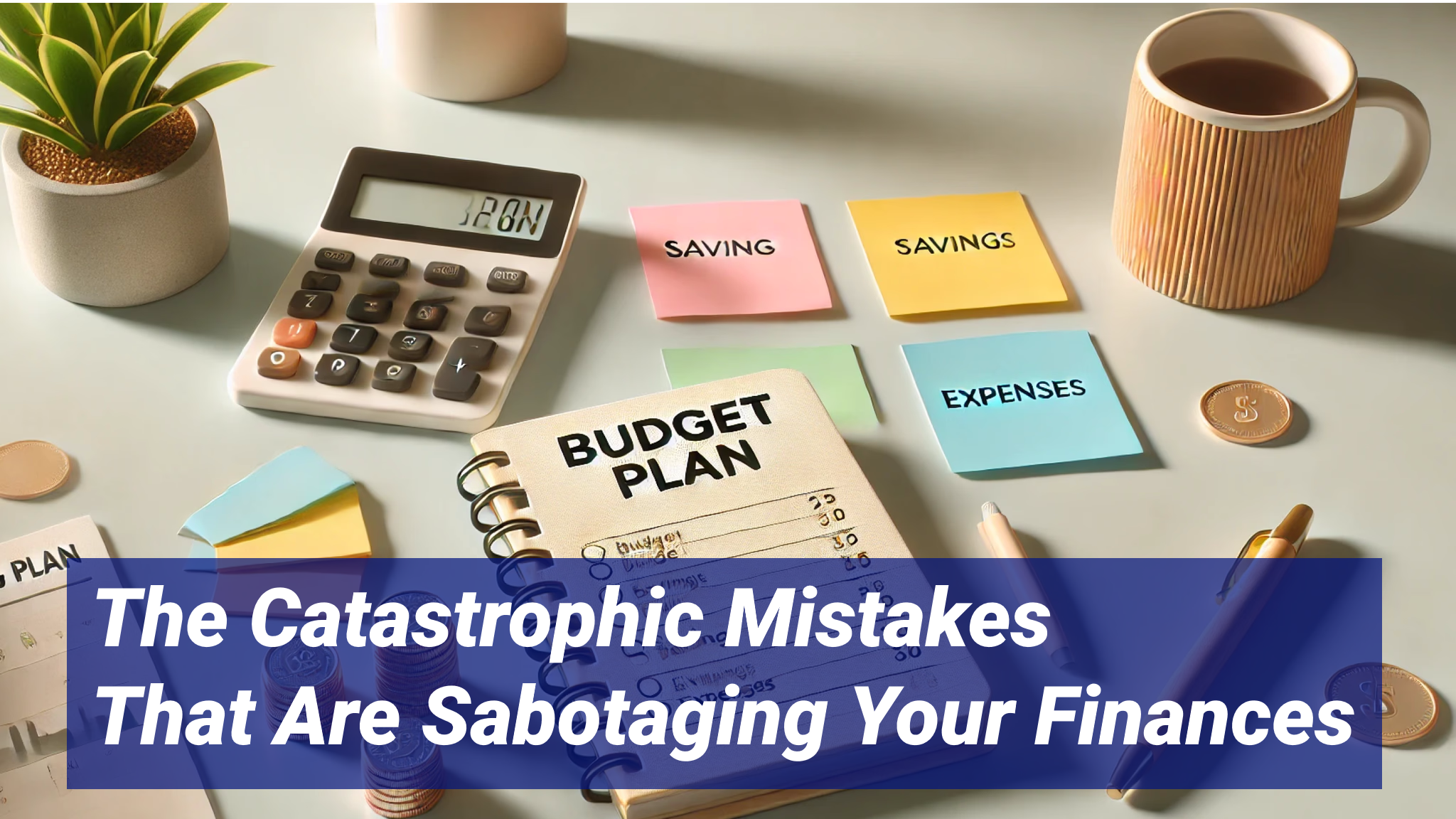Essential Insurance for Professionals: Protect Yourself and Your Career
All freelancers should have essential insurance coverage to protect themselves from events that could severely impact their ability to generate and accumulate wealth over time.
In this guide, we will explore the types of insurance you must consider as a freelancer and how they work. Finally, we will discuss how to ensure financial security beyond just insurance coverage.
Here are the topics we will cover in this guide:
- Insurance: Why It Matters
- Essential Insurance to Protect Yourself
- Insurance to Safeguard Your Career
- Beyond Insurance: How to Secure Your Future
Insurance for freelancers: Why It Matters
Insurance is the foundation upon which you should build your financial planning. You shouldn’t even think about how, when, or where to invest if you haven’t first adequately protected your current assets and your greatest source of wealth—your ability to earn money.
This is even more crucial if you are self-employed.
Insurance serves two essential functions: first, it allows you to transfer major risks that could lead to financial ruin.
You pay an annual premium, and the insurance company commits to paying out a lump sum or periodic payments in the event of a specific negative occurrence: death, permanent disability due to an accident or illness, or loss of self-sufficiency in daily activities.
Many people try to protect themselves from major unforeseen events simply by keeping money in their bank account “just in case.”
The problem is that you cannot safeguard yourself against certain events with your savings alone—simply because they wouldn’t be enough.
The financial impact of permanent disability, a serious illness, a fire or flood in your office, or a professional error that causes financial damage to a client could amount to millions of euros in lost income or compensation claims.
Moreover, insurance paradoxically allows you to save and invest more.
It may seem counterintuitive, but it’s true: while you do pay a recurring premium every year, you no longer need to set aside large amounts of money in your bank account to self-insure against major unexpected events.
By having a fixed cash outflow (insurance premiums), you can invest your liquid assets with confidence, aiming for more ambitious and rewarding financial goals instead of merely “saving money because you never know what might happen.”
Now, let’s take a closer look at the various risks and the essential insurance coverages that no self-employed professional can afford to be without.
Essential Insurance for freelancers to Protect Yourself
As a freelancer, your greatest wealth accelerator is your mind: your professional expertise, skills, know-how, and years of accumulated experience are your most valuable assets.
These assets must be protected at all costs because your ability to generate income, build wealth over time, and contribute to your family’s well-being depends on them.
Thinking in reverse, we should ask ourselves: what are the events that could potentially wipe out or severely reduce my ability to generate income?
There are essentially two:
- Death
- Severe permanent disability resulting from an accident or illness
These are tragic events that are difficult to discuss openly because no one rationally expects to experience such major risks firsthand. In the collective imagination, these things always happen to someone else—until they happen to you.
Temporary Death Insurance Policy
Regarding the case of death, there is little to explain: in the event of an untimely departure from this vale of tears, the risk is not so much for you but for your family.
Your loved ones would have to deal not only with grief but also with the loss of a source of financial support.
Keep in mind that the indirect pension provided by pension funds to surviving family members amounts to only a few thousand euros gross per year, and that’s only if you have contributed continuously for a certain number of years.
Therefore, if someone in your family depends financially on your income, a Term Life Insurance policy is essential.
The mechanism is very simple: you pay an annual premium to the insurance company, which in return commits to paying a predetermined sum to the beneficiaries you have designated in case you pass away.
Insurance for severe permanent disability
The other major risk to your income that you need to insure is severe permanent disability resulting from injury or illness.
Severe permanent disability (i.e., a certified disability greater than 67%) virtually eliminates your human capital and your ability to generate income.
Moreover, it generally results in additional costs on the family budget due to extra expenses that over time can erode even personal assets.
To protect yourself from this terrible risk, there is a specific insurance policy available.
Once again, the operation of a policy that insures against permanent disability due to illness or injury is relatively simple: you, the insured, pay an annual premium, and the insurance company commits to paying you a lifetime annuity or a lump sum, along with an annuity, if you become disabled.
The goal of this insurance coverage is to allow you to maintain your current standard of living in case of work incapacity and avoid imposing financial strain on your family.
Temporary death coverage and Permanent Disability Insurance are, therefore, the two basic policies you should take out to sleep peacefully, but for a self-employed professional, even a short period of forced inactivity due to injury or illness can lead to a significant drop in income.
Here, I am obviously not talking about seasonal flu or minor injuries, but about all those cases where illness or injury, while not leading to severe permanent consequences, prevent the continuation of work.
For example, think of a self-employed plastic surgeon who breaks a hand with which they operate, or a photographer who breaks a leg while skiing.
Unlike salaried employees, sick leave or injury benefits provided by the INPS/INAIL or professional pension funds are always a fraction of the earnings typically recorded by self-employed professionals.
This is why it may make sense to consider accident and illness insurance that, in the event of an incident, guarantees the payment of a daily allowance to supplement public benefits or those from professional funds.
Asset risks due to the profession
So far, we have only discussed personal risks that have direct consequences on your ability to generate income, but you should know that there are asset-related risks to insure against, to which you are exposed simply by practicing your profession.
Let’s examine them specifically.
Insurance for freelancers to Safeguard Your Career
From a legal standpoint, there is a significant difference between acting as a private citizen and working as a freelancer.
As a citizen, you are required to fulfill your obligations with the well-known “diligence of a good father of a family,” meaning the minimum level of care and attention expected from an ordinary person.
However, when performing your work as a freelancer, a higher standard of diligence is required because it is assumed that, as a professional, you have mastery of the subject you are dealing with.
This extra requirement translates into the possibility of facing claims for damages due to negligence, imprudence, or slight fault.
Let’s clarify with an example: a private citizen who works as an accountant gives informal advice to a friend one evening at a restaurant about completing their tax return.
The advice turns out to be wrong, and the Revenue Agency identifies an offense and imposes a penalty on the unfortunate friend who was poorly advised.
In this case, since there is no formal contractual relationship, the accountant would not be held responsible for the financial damages caused to the friend.
On the other hand, in the course of his professional activity, if the accountant were to submit incorrect declarations on behalf of clients or provide tax advice that causes financial harm to his clients, he would be required to compensate for the damage caused by the professional error.
What many people don’t know is that freelancers, in the case of proven professional liability, are personally liable without limitation with all their present and future assets.

Professional Liability Policies
This is why Professional Liability Insurance exists.
This type of insurance is already mandatory in many countries for all freelancers registered with a professional association, such as accountants, lawyers, notaries, doctors, architects, engineers, labor consultants, and independent financial advisors.
However, it should be taken out by all freelancers because it is a fundamental asset protection tool.
Business consultants, personal trainers, physiotherapists, and all other independent professional figures must have Professional Liability Insurance, of course, adjusting the coverage limits according to the type of activity performed.
Now, civil liability can be the most impactful in terms of assets.
But each profession has its complexities: the interests at stake are numerous, the bureaucratic obligations are many, and the regulatory updates are continuous and often uncontrollable.
Freelancers and Liability for Errors
Even in good faith, it can be quite easy to make mistakes. Along with civil liability, other types of responsibility may also emerge, sometimes simultaneously:
- Criminal liability;
- Administrative liability leading to penalties, both financial and non-financial;
- Administrative-accounting liability before the Court of Auditors, if you are working for or on behalf of the Public Administration;
- Disciplinary responsibility for which you will be held accountable before your professional body or association.
Let’s take an example:
An engineer submits a certification to help a client obtain tax benefits. In the case of an error, the engineer will have to respond civilly to the client whose tax bonus has been revoked, criminally for submitting a non-compliant or untruthful declaration, and will face an administrative fine ranging from €2,000 to €15,000. Additionally, the engineer will be reported to the professional body, which will decide whether to impose a sanction.
To protect yourself in such cases, you will need to appoint a lawyer and/or an expert witness to support your case or mitigate the consequences of your professional errors.
However, ensuring a good defense, which could determine whether you can continue practicing your profession, is expensive and represents another potential cause of depletion of your personal assets.
In these cases, it would be advisable to complement your Professional Liability Insurance with Legal Protection coverage, which will cover legal, out-of-court, and expert fees that you would otherwise have to pay out of your hard-earned money.
Extra bonus: All insurance coverage related to the performance of your profession is deductible from your taxable income, as it represents a cost you have incurred to carry out your activity.
The tax deductibility is a good extra incentive, but always remember that the main reason for taking out insurance should be to transfer risks to the insurance company and protect your assets, not just to reduce your taxable income!
Beyond Insurance: How to Secure Your Future
As you may have understood, the right insurance primarily serves a defensive function: it is designed to protect your current assets and your ability to generate future professional income.
But once you have secured yourself properly, thus gaining the peace of mind that you have financially mitigated the greatest risks to your economic well-being, it is time to move on to more ambitious and challenging goals.
Real and concrete life goals such as living off income, accumulating significant capital for a comfortable retirement, supporting your children through higher education, helping them start their own business, or perhaps expanding your business when they join you in your professional practice.
These are goals that can only be achieved through investing your money in the financial markets.
I fully understand that, in some ways, investing in financial markets may seem less intuitive than the world of insurance (even though with exclusions, coverage limits, deductibles, and co-pays, it’s not exactly simple there either).
I also fully understand that, from the outside, capital markets may seem like a scary parallel universe with their incomprehensible and extremely complex language, but I assure you it is not.
In reality, for a private investor, the basic concepts to master in order to invest wisely are few and simple, often derived from common sense.
If you want to discover what they are and, more importantly, how to apply them to become a better investor, remember to add puzoy.com to your favorites. Enjoy on Facebook and telegram
READ MORE –











